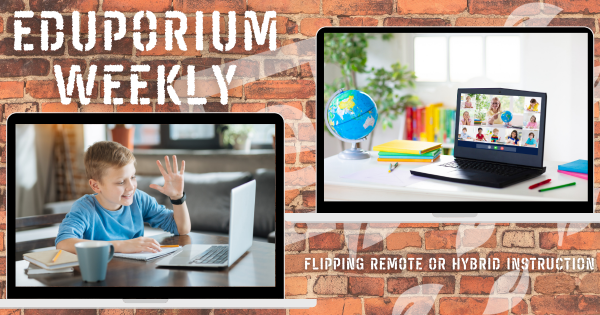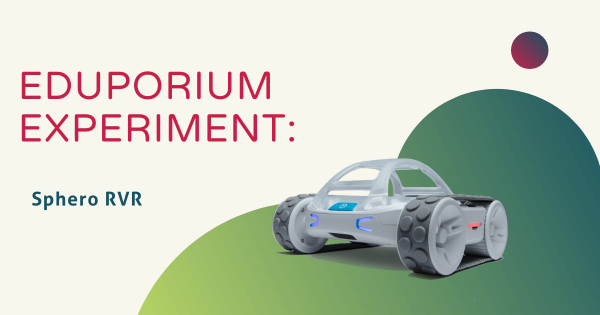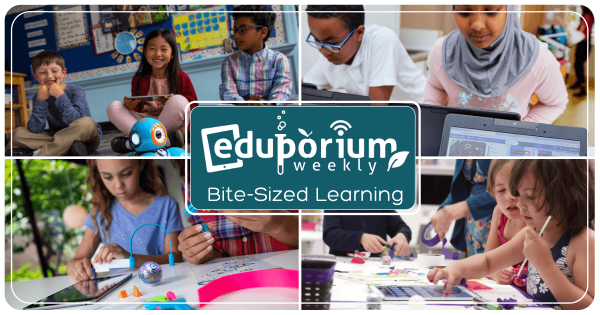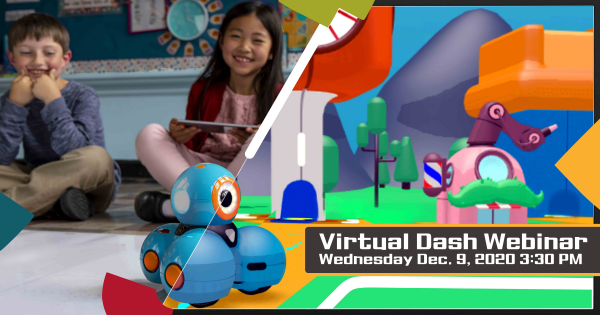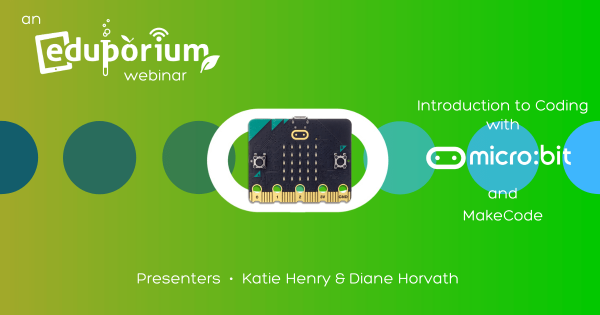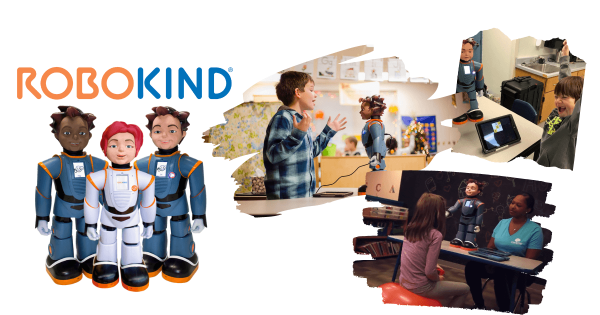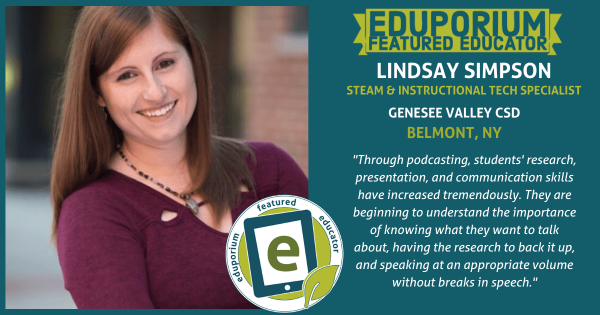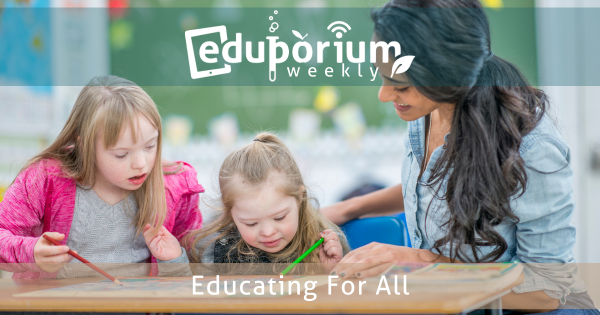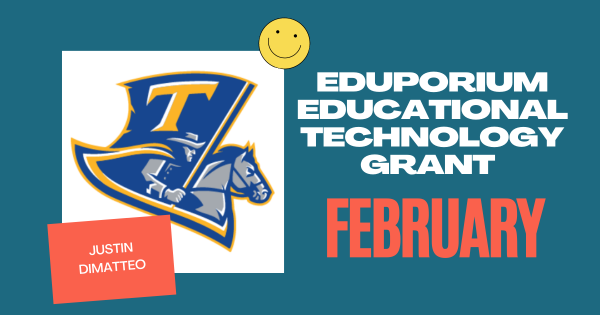Flipping the classroom helps students move more at their own pace—only taking the time they need to learn something. It also helps them utilize their teachers or peers for help while they’re engaged in their work as opposed to putting it down, forgetting about it, and then asking the next day. But, how could flipped learning help in remote settings?
Andy Larmand
-
Eduporium Experiment | Sphero RVR
Built to mimic a rover, the Sphero version has some surprisingly tough treads. It also packs plenty of torque and ports that enable students to connect third-party hardware. On top of all that, they can still use the Sphero RVR in creative STEAM projects. Read on to learn more about using the RVR, including coding with the micro:bit and littleBits -
Eduporium Weekly | Bite-Sized Learning
This week, we’re talking about bite-sized learning. Bite-sized learning involves teaching with short and highly focused lessons. They typically cover one specific topic and clear learning objectives for students to meet. And, when utilized consistently, these types of experiences can be very beneficial for some students. -
How to Use the Virtual Dash in Remote Coding Education
The virtual STEAM solution from Wonder Workshop is designed to work just like the physical Dash Robot. Teachers can lead coding and computational thinking lessons using this online version of the Dash and, in the brief webinar, members from their team will outline everything educators need to know. Click inside to find the recording! -
Video: Our Webinar on Using the micro:bit and MakeCode
In our latest webinar, we were joined by Katie Henry, micro:bit’s Head of Partner Engagement, and Diane Horvath, a technology specialist. The pair discussed many of the educational possibilities when it comes to using the micro:bit in the classroom and attendees from around the world joined in and contributed to the great discussion. Find the recording here! -
Rising Resources | Zigazoo for Smarter Screen Time
With Zigazoo, students can take pride in their learning by creating original content. Zigazoo serves as a response tool for them to create thoughtful responses to teacher-posed questions or challenges. Whether you’re discussing a historic event, teaching a new type of math, or simply in the mood to get student creativity flowing, Zigazoo can help. -
Robots4Autism + STEM: Milo, Veda, and Carver from RoboKind
Comprised of three different robots, Milo, Veda, and Carver, RoboKind’s solutions are designed to help students with learning differences meet their academic and social goals. Starting by empowering educators to help students foster social connections, these robots can ultimately be used to aid student emotional well-being and more. -
Eduporium Featured Educator: Lindsay Simpson
Though she and her students have dealt with various challenges during the course of the COVID-19 pandemic, Lindsay has found some creative ways to keep them engaged and developing STEM skills. After starting a student podcast last year and adapting it to the current situation, it ended up being a super valuable piece of the learning her students continue to -
Eduporium Weekly | Learning Differences in Remote Ed
It’s been widely documented how difficult it’s been for special education students and teachers in distance learning. Though we’re a year into this new form of education, teachers are still learning about how to best work with special education students from afar. And, this week, that’s our topic for exploration. -
February EdTech Grant Awarded To Justin DiMatteo
For his award, we will be providing Justin and his students with some micro:bit V2 kits to use in their STEAM program. Since the micro:bit’s allow students to complete standalone activities as well as take part in new experiences that are tied to their existing PBL units, they’ll make a great fit as Justin expands CS opportunities for all.



